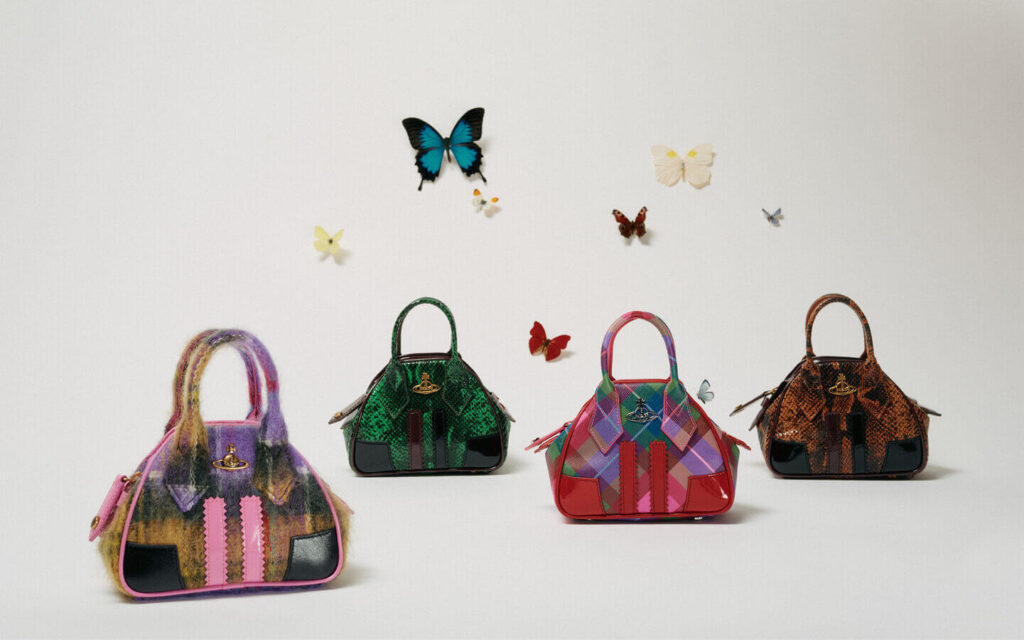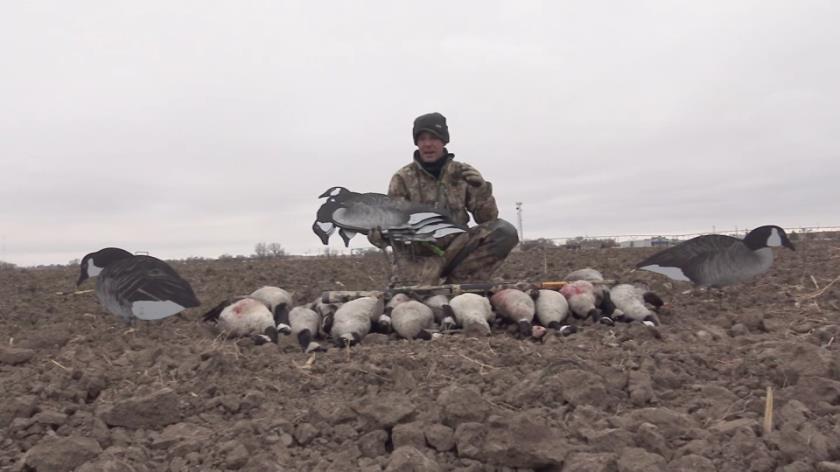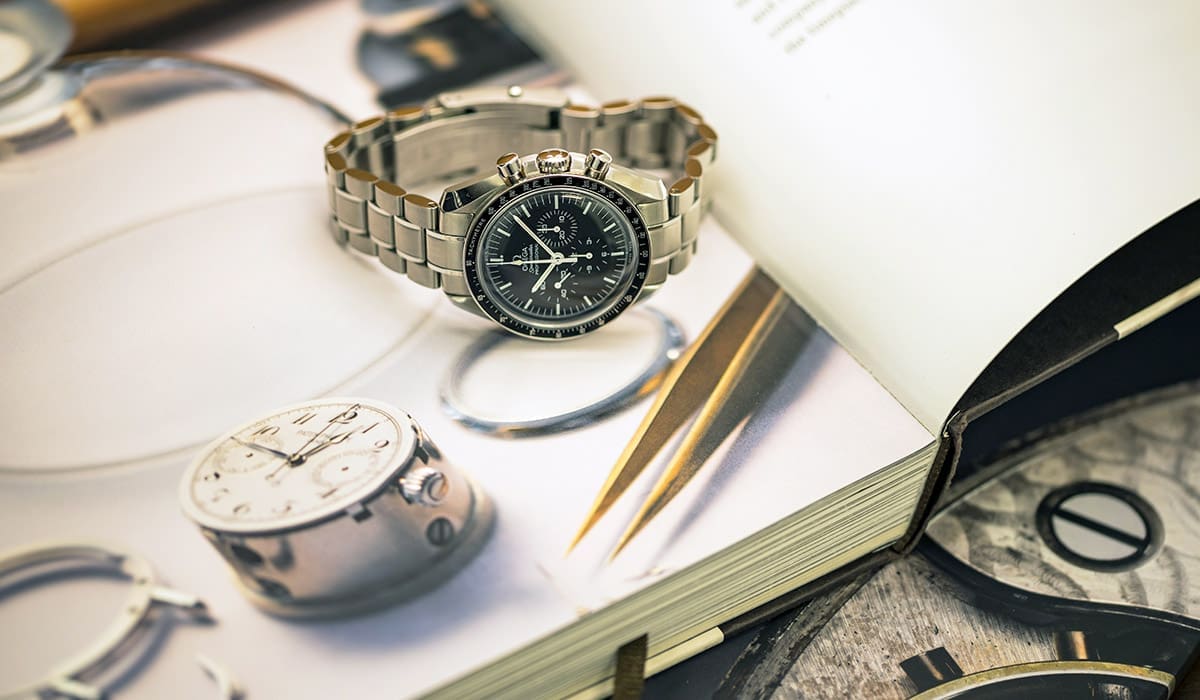Chanel, the French fashion house known for its No. 5 perfumes and quilted leather handbags, spent record amounts maintaining its stores, supply chain, advertising and fashion shows in 2020, despite the strain of pandemic lockdowns and sales volatility in one of the most tumultuous years in retail history.
The company said Tuesday that revenue for 2020 was $10.1 billion, down 18 percent compared with the previous year. Operating profit fell 41.4 percent in the same period, to just over $2 billion. But unlike some industry rivals that were forced to slash costs last year, Chanel spent $1.36 billion on “brand support activities” like advertising and runway shows, and $1.12 billion on capital expenditure investments such as the acquisition and renovation of its boutiques network, new offices and the ecosystem of small artisanal workshops that produce its luxury wares.
“One of the luxuries of being a privately owned luxury company is that we could prioritize protecting our employees and vulnerable supply chain partners even if we knew it would have a detrimental effect on short-term profitability and cash flow,” said Chanel’s chief financial officer, Philippe Blondiaux. “It was the most challenging year ever for this company. But for us, the most important thing was to defend our values and way of doing business.”
At a time when the global fashion industry has come under more scrutiny than ever for its environmental practices, Chanel said it had issued 600 million euros, or $727 million, in sustainability linked bonds, which are an increasingly popular way for companies to raise money for environmental or social projects without spending restrictions, but with penalties paid to investors if they miss specific targets.
Mr. Blondiaux said the September issuance was the first of its kind by a luxury brand, and underscored the brand’s commitment to its climate goals. A week ago, Chanel committed $25 million to a new climate adaptation fund that aims to invest in sustainable agriculture practices, protect forests and support small-scale farmers in developing countries.
At a time of heightened competition in high-end retail and persistent rumors that Chanel could be a takeover target, the storied French fashion house — one of the last large privately owned brands — began publishing results in 2018 to fend off approaches.
“Despite the difficulties of 2020, we are in a great place to continue building the Chanel business and the long-term valued upheld by the brand,” Mr. Blondiaux said.





More Stories
Celebrity Fashion Trends That Ruled 2025
Best Dressed at the Oscars 2025
Top Streetwear Fashion Trends Dominating 2025